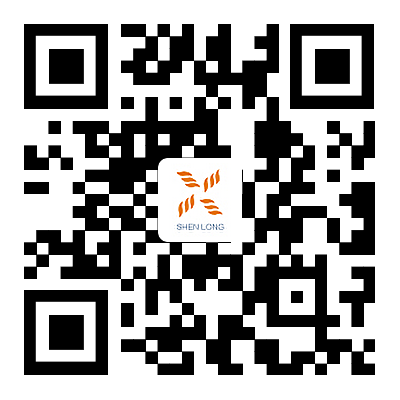
Performance characteristics of cable
Release time:
2020-03-03
The cable has properties such as tensile strength, impact resistance, wear resistance, flexibility, and softness, and is used to tie multiple strands of rope to ships. Requirements include tensile strength, impact resistance, wear resistance, flexibility, and softness. A multi-strand rope used to tie ships together. Requirements include tensile strength, impact resistance, wear resistance, flexibility, and softness. In the past, steel ropes, hemp or cotton ropes were commonly used; Since the emergence of Synthetic fiber, it has been mostly made of nylon, polypropylene, vinylon, polyester, etc. In addition to light specific gravity, high strength, impact resistance and wear resistance, Synthetic fiber cable has the advantages of corrosion resistance, mildew resistance and moth resistance. If the strength and wear resistance of nylon cables exceed the number of hemp and cotton cables
Cables are tensile, impact, abrasion-resistant, flexible and light, and are used to tie multi-stranded ropes to ships. It requires tensile resistance, impact resistance, wear resistance, flexibility and light softness.
Multi-strand ropes for mooring ships. It requires tensile resistance, impact resistance, wear resistance, flexibility and light softness.
In the past, steel cable, hemp or cotton rope were commonly used; After the emergence of synthetic fibers, most of them have been made of nylon, polypropylene, vinylon, polyester and so on. In addition to light specific gravity, high strength, good impact resistance and wear resistance, synthetic fiber rope has the advantages of corrosion resistance, mildew resistance, and moth resistance. For example, the strength and wear fastness of nylon cable exceed that of hemp and cotton rope several times, and the specific gravity of polypropylene cable is less than water, which can float on the surface of the water, and the operation is convenient and safe. Chemical fiber ropes are divided into 3 strands, multi-stranded twisted ropes and 8-stranded and multi-stranded stranded ropes according to the processing structure. The diameter of 3-strand cable is generally 4~50mm, and the diameter of 8-strand cable is generally 35~120mm. In addition to being used for ship mooring, chemical fiber cables are also widely used in transportation, industry, mining, sports and fishery. Depending on the needs of special applications, metal materials can also be woven into the cable core.
Related News
Tel: 86-13962743911
Fax: 86-513-86452942
E-mail: tongzhoushenlong@126.com
Address: Erjia Town, Tongzhou District, Nantong City, Jiangsu Province

Mobile Version
Copyright © 2023 Nantong Shenlong String & Belt Co.,Ltd.


